Studio Ghibli is responsible for some of the greatest animated movies ever made from some of the most renowned directors in the medium, including Hayao Miyazaki and Isao Takahata. Their influence is felt far and wide, with several animation houses paying tribute to them throughout the years.
Almost as interesting as the plethora of films to come out of the studio, including world-renowned classics like Princess Mononoke, Spirited Away, and Grave of the Fireflies, are some of the things that went on and are currently happening behind the scenes. To prove our point, the following ten entries showcase lesser-known interesting facts about Studio Ghibli. Maybe some don't want to know these for fear of taking away the films' magic, but if anything these tidbits will only deepen one's appreciation for the master artists and storytellers in the Japanese studio.
10 Troma Distributed My Neighbor Totoro
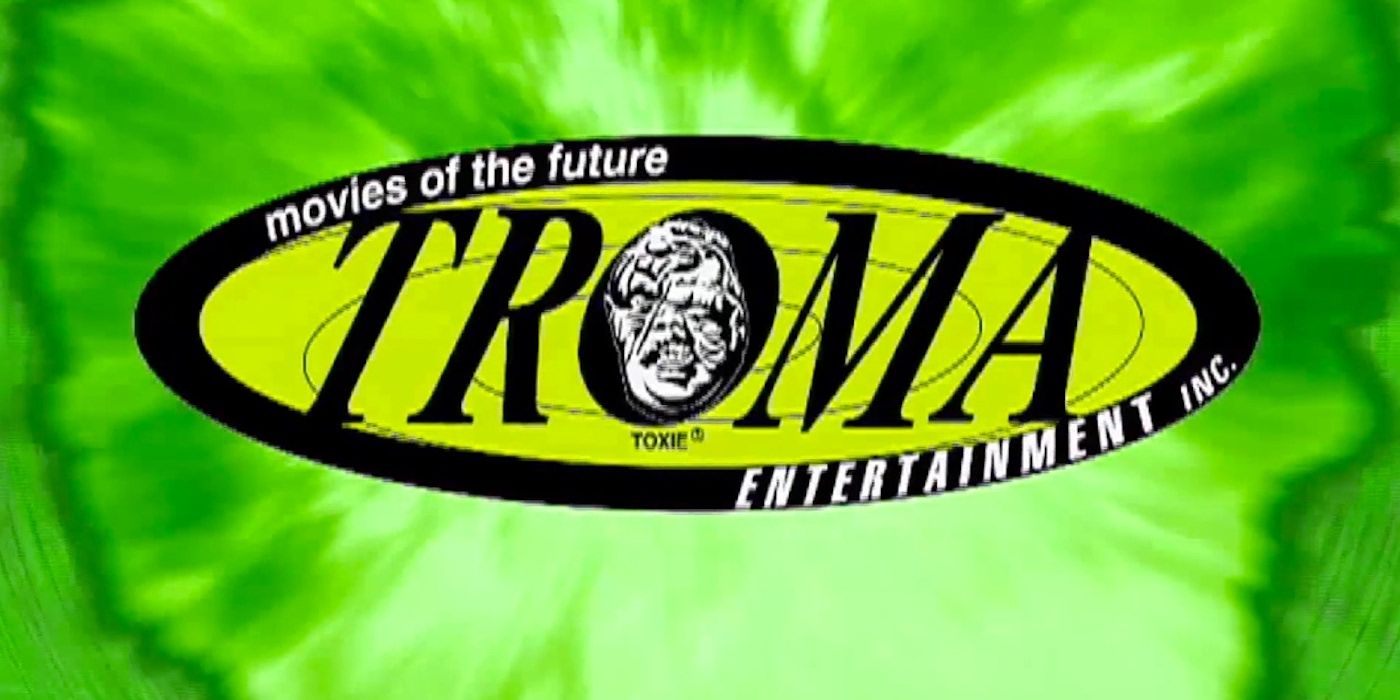
Given their penchant for raunchy horror-comedies filled with bad taste, it is surprising to learn Troma was the first distributor of My Neighbor Totoro in the United States. The original English dub was made for airline flights to Japan, and the company known for cult classics like The Toxic Avenger and Class of Nuke 'Em High released it to US theaters in 1993. A new dub was recorded in 2004 when Disney bought the rights and redistributed it, and this version has since become the standard for subsequent releases.
9 Why Hayao Miyazaki Boycotted The Oscars
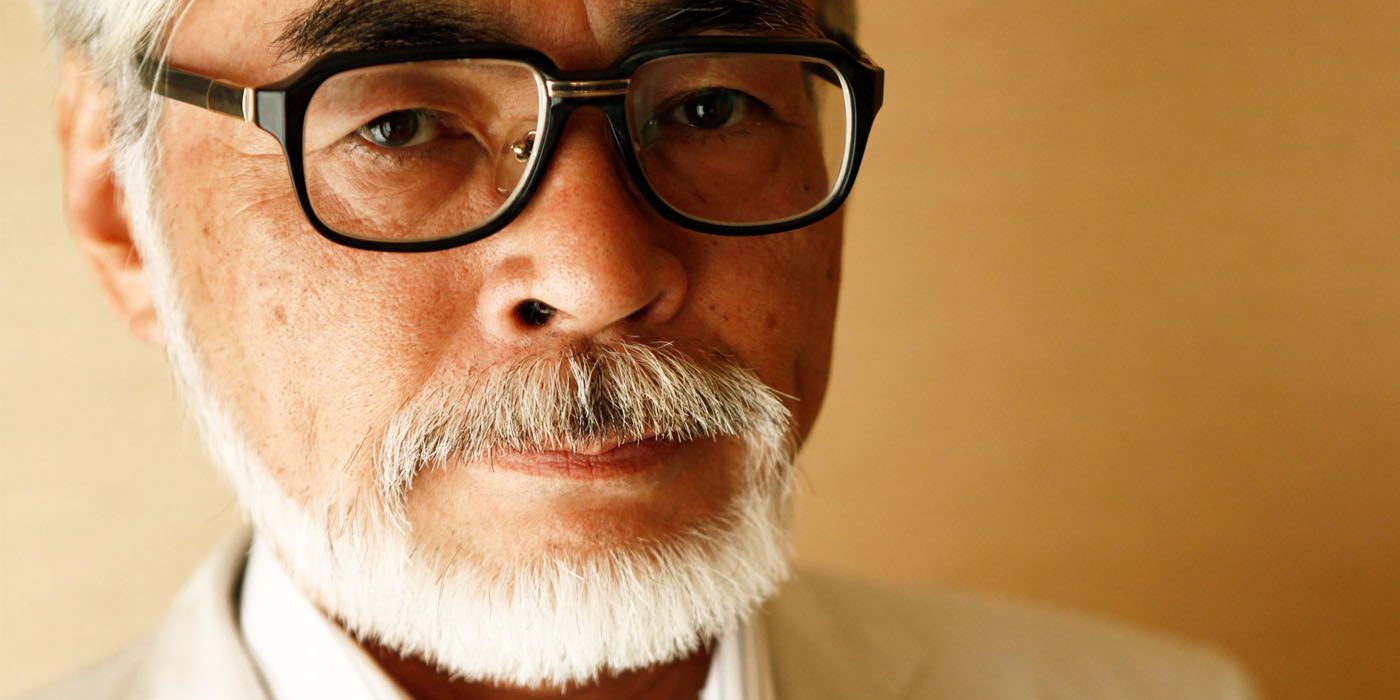
When Spirited Away was nominated for the Academy Award for best animated film, Miyazaki refused to attend the ceremonies because of the country's involvement in the Iraq War. It wasn't just a one-time thing, either. The legendary filmmaker didn't set foot in the United States until 2009 when he went to the San Diego Comic-Con at the behest of his friend John Lasseter. The boycott isn't too surprising when analyzing the pacifistic ideals from his films.
8 The Story Behind The Name
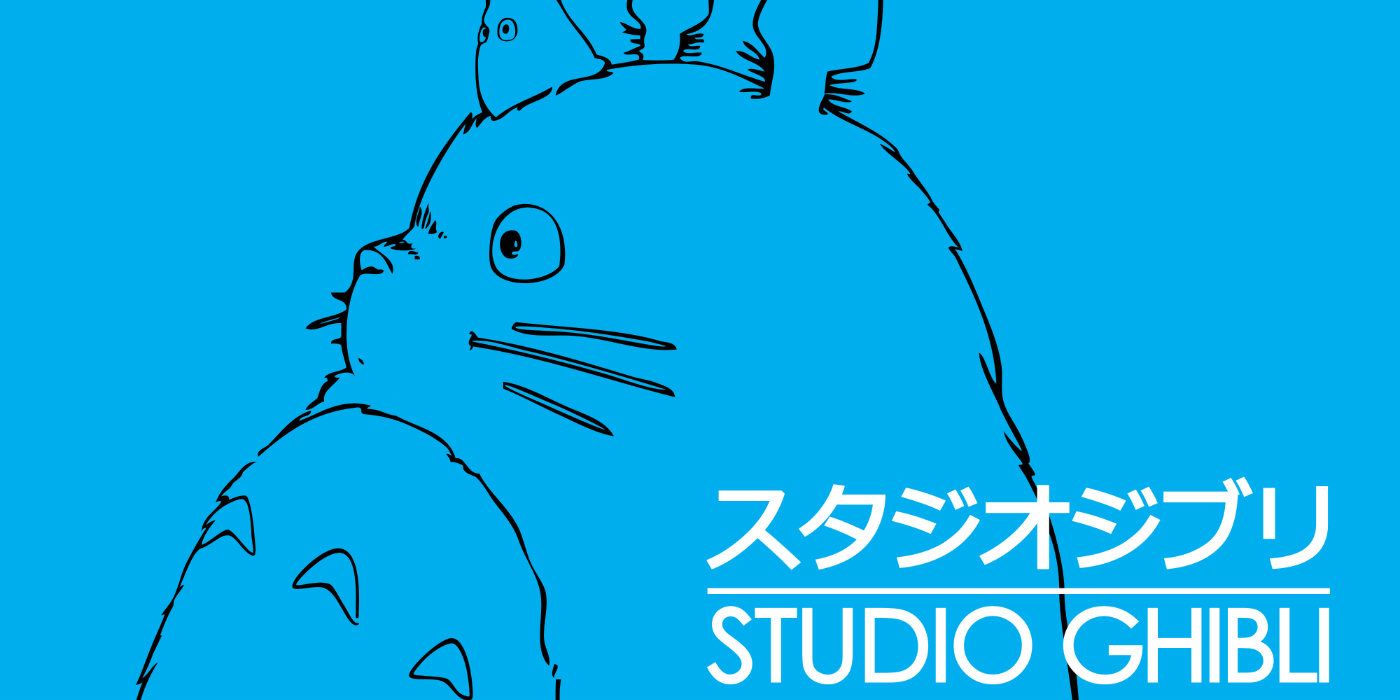
The term Ghibli is an Italian word for a summer wind coming from the Sahara, affecting several countries in North Africa and Southern European countries. There was also a World War II aircraft from the same country which garnered the same nickname. Its name indicated the studio's ambitions to be a force within the animation industry. Judging by their catalog of respected works, it is safe to say they accomplished their goal.
7 No Cuts Policy
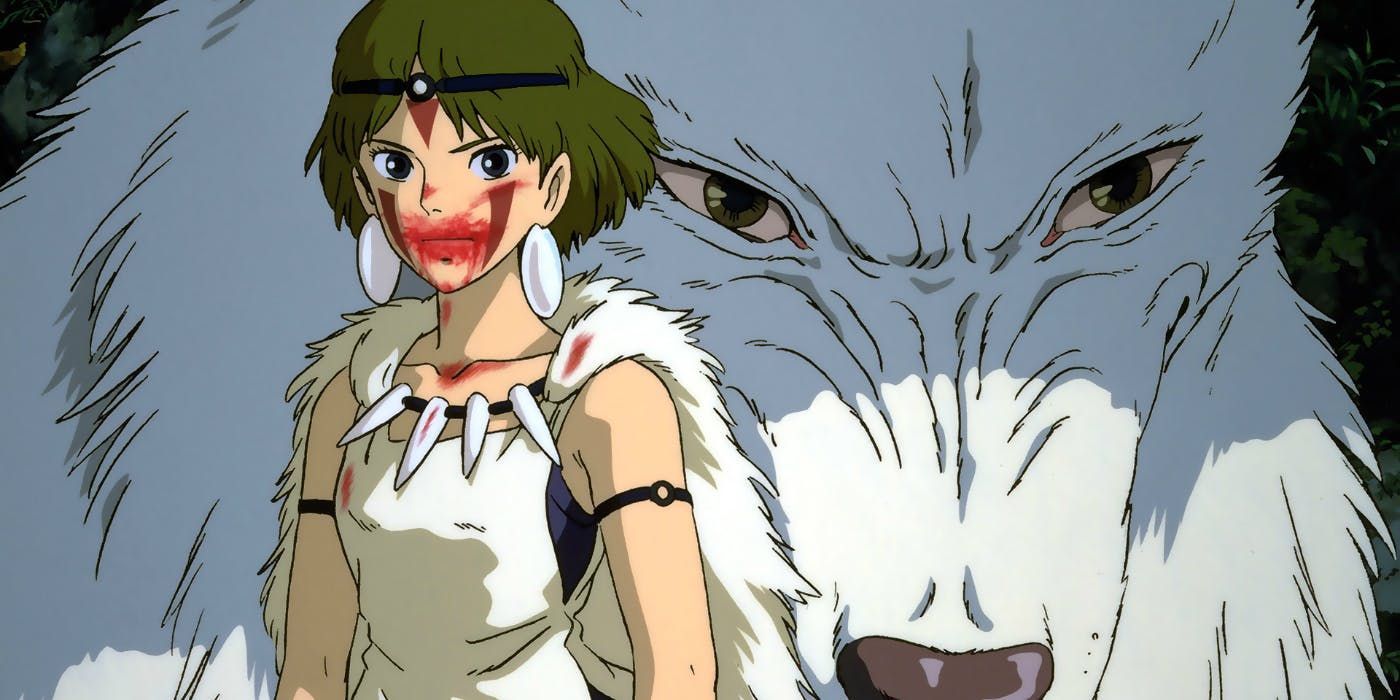
When bringing their films to foreign markets, the studio has a strict policy against cuts and re-edits. This includes the translations needing to be as close to the original words and ideas as possible.
This came to a head when Miramax distributed Princess Mononoke and the now-disgraced Harvey Weinstein insisted on making cuts to the movie. In response, he was sent a katana with the message "no cuts." Talk about getting a point across.
6 Why Miyazaki Is Coming Out Of Retirement
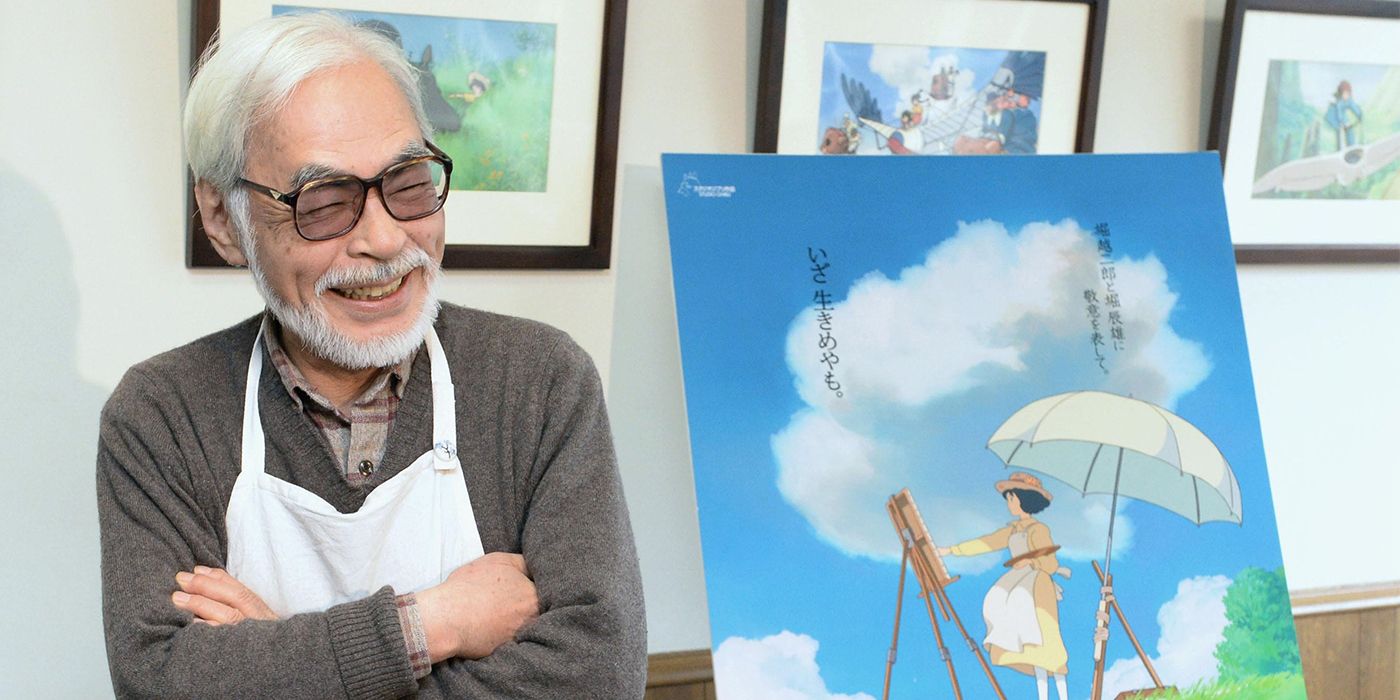
The Wind Rises was announced as Miyazaki's final feature film. It seems like you cannot keep a good artist down, however, and the almost eighty-year-old director is currently working on another film titled How do You Live? which is intended as a gift to his grandson. The movie has been in the works since 2016, though less than a quarter of it is said to be completed at this point. His increased age has slowed his pace of work down significantly, where he gets about one minute of animation done a month versus the ten minutes he used to accomplish.
5 A Worm Is Named After Totoro
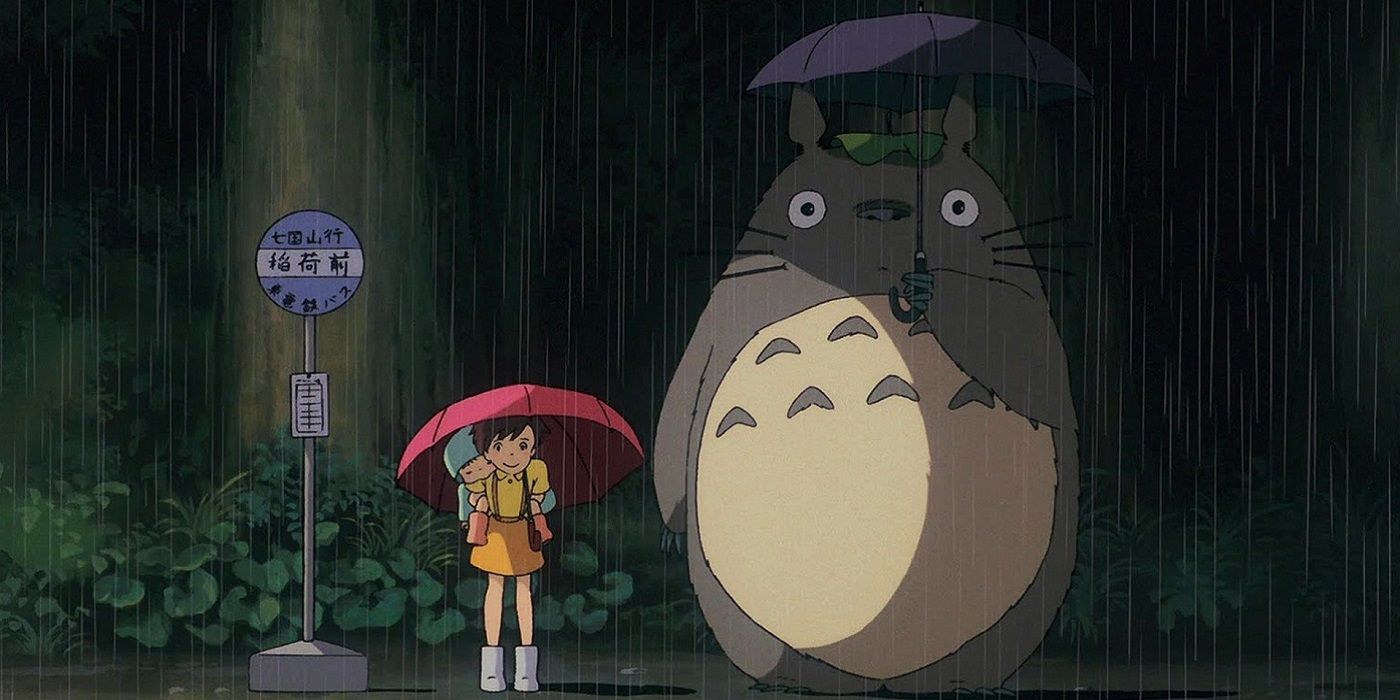
The titular character from My Neighbor Totoro is the studio's mascot as well as an enduring pop culture figure. He's so ubiquitous, he got a newly discovered species named after him. Eoperipatus Totoro, uncovered in 2013, is a velvet worm hailing from Vietnam. It took its namesake from the popular movie at the behest of the scientists who discovered the creature. Some might say the greatest joy about finding something previously unknown to mankind is the contribution one just made to science and knowledge, but we are pretty sure it is the ability to give it anytime you desire.
RELATED: The 10 Most Memorable Studio Ghibli Characters Of All Time
4 Nausicaa Of The Valley Of The Wind
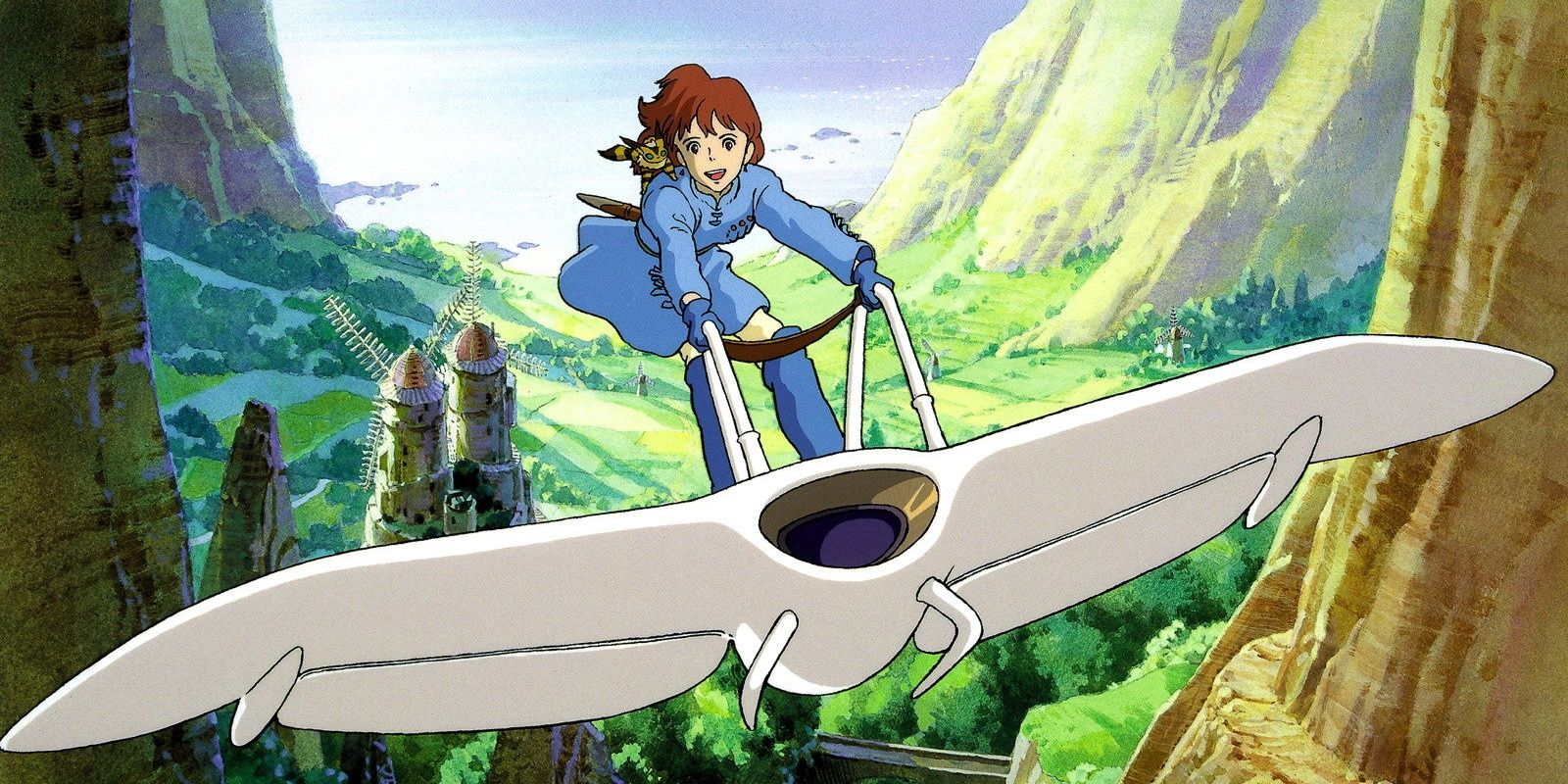
Despite this film often getting lumped in with Ghibli's works, it wasn't actually produced by the studio. In fact, it came out in 1984, a year before the production company even opened its doors. Topcraft was the animation studio responsible for it, though it was still directed by Hayao Miyazaki. It is easy to see why one often thinks of it as a Studio Ghibli work. Many of the themes present in it would be further explored by the director in later films, making it feel like a part of the family and essential to understanding the whole catalog.
3 How They Came To Be
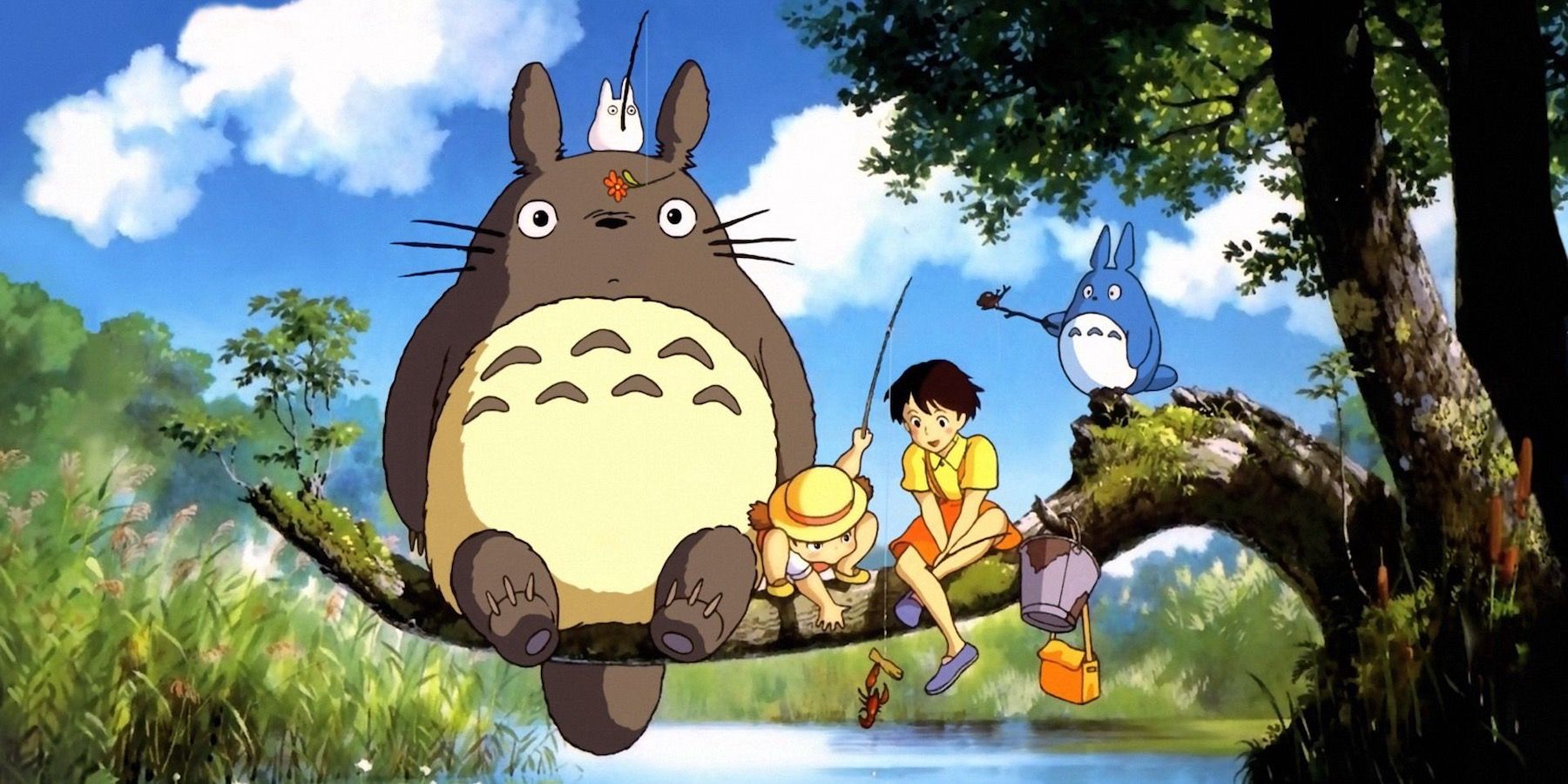
The studio rose from the ashes of Topcraft, which produced the aforementioned Nausicaa of the Valley of the Wind. Despite the movie's success, the company went bankrupt, prompting directors Hayao Miyazaki, Toshio Suzuki, and Isao Takahata to buy it and change its name to Studio Ghibli. Everything afterward is already history, as the studio's films elevated the medium to new heights with projects some consider several of the greatest films ever made, regardless of the medium.
2 All The People They've Influenced
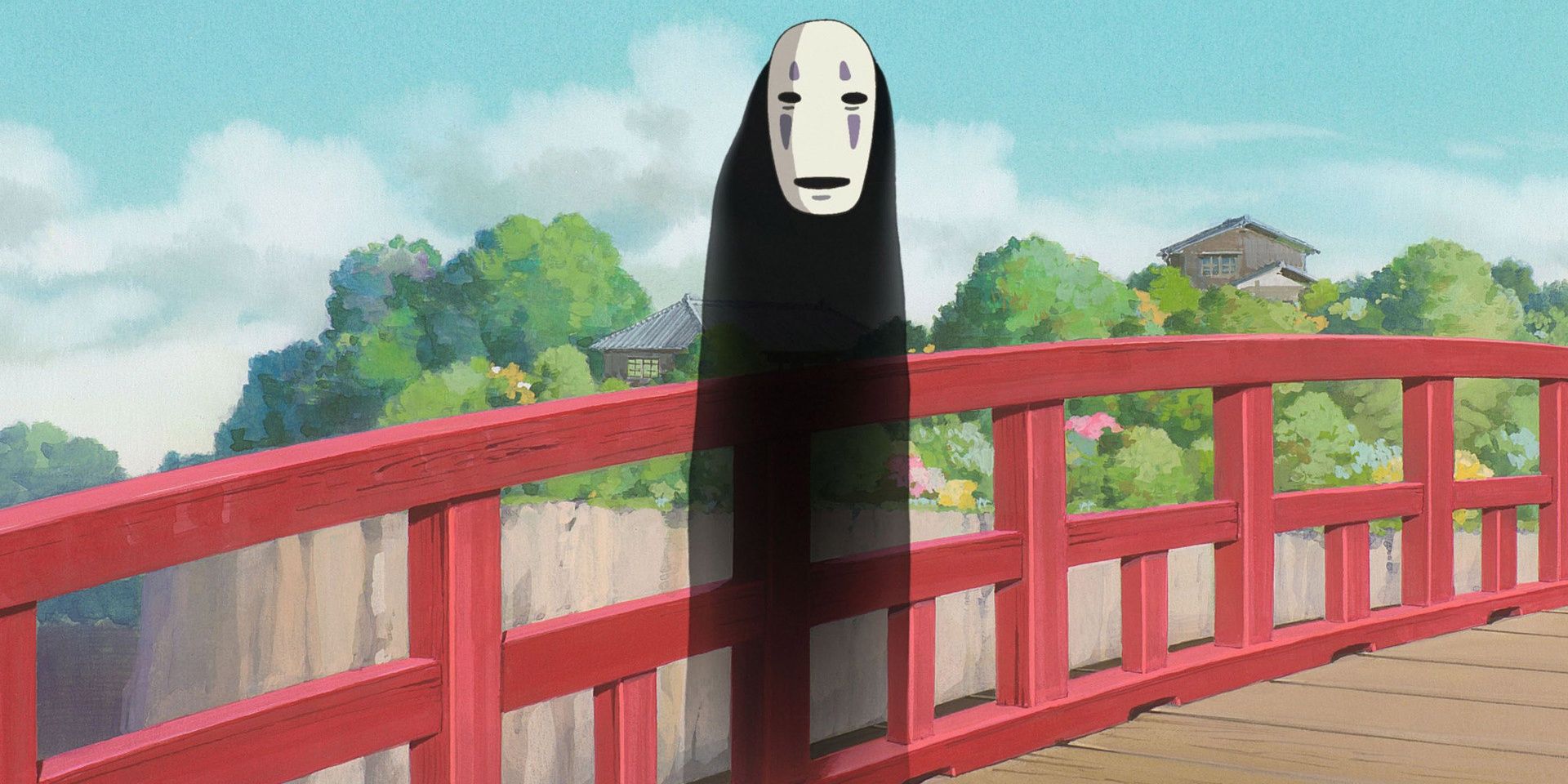
Their impact extends far beyond other animators. Shigeru Miyamoto, creator of Super Mario, The Legend of Zelda, and many other legendary Nintendo properties, has cited the studio's works as an influence. The aesthetic and story of Nausicaa of the Valley of the Wind greatly inspired Hironobu Sakaguchi when he first made Final Fantasy. Directors whose main focus is live-action filmmaking have also paid tribute to Miyazaki and the studio, acknowledging the impact it has had on their projects.
1 The Founders Survived Bombing Raids
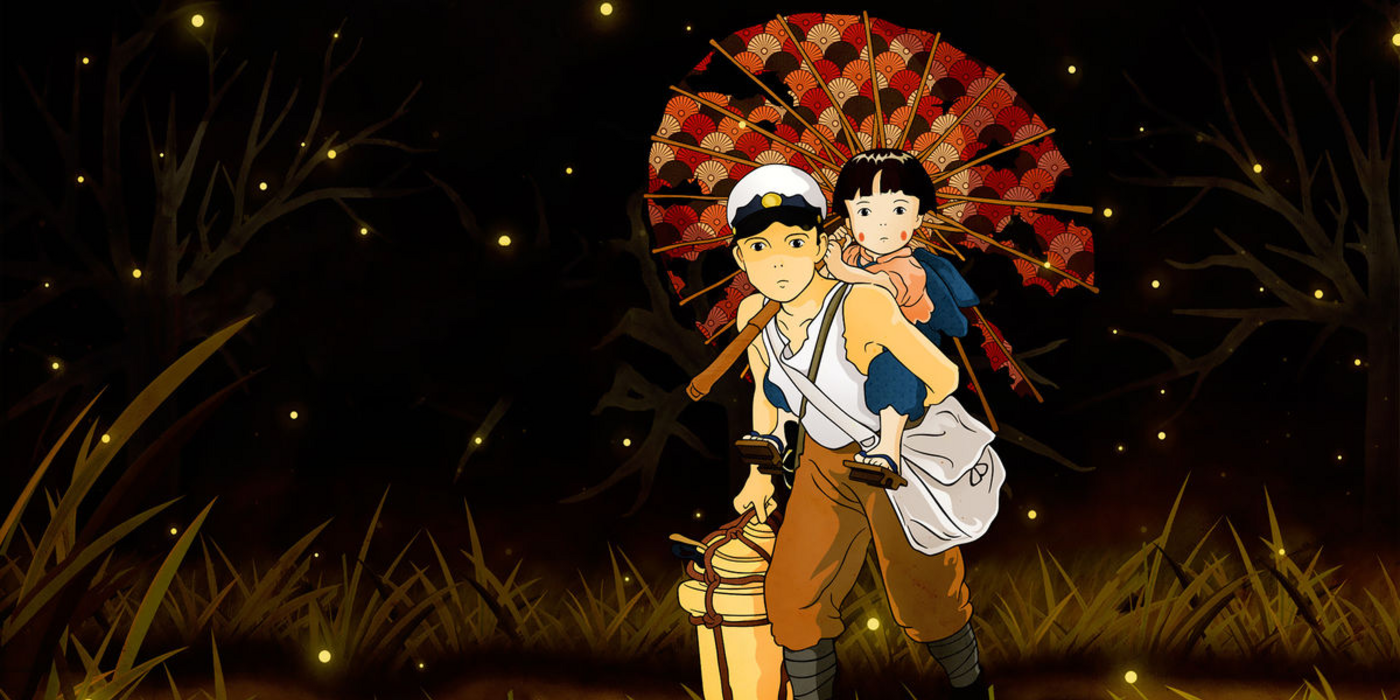
Hayao Miyazaki was born in 1941, while Isao Takahata is a few years older, having been born in 1935. They were both alive to see World War II as children and both of them lived through bombing raids, which were events that had a massive effect on them and their work. This can be more directly seen in Takahata's Grave of the Fireflies, which is about a brother and sister surviving in Japan after losing their mother and home to a bombing raid. It is an incredibly moving film that brings one to tears literally within its first three minutes.
from ScreenRant - Feed https://ift.tt/2GWLFQR



0 Comments